Arusha national park community-based tourism experiences
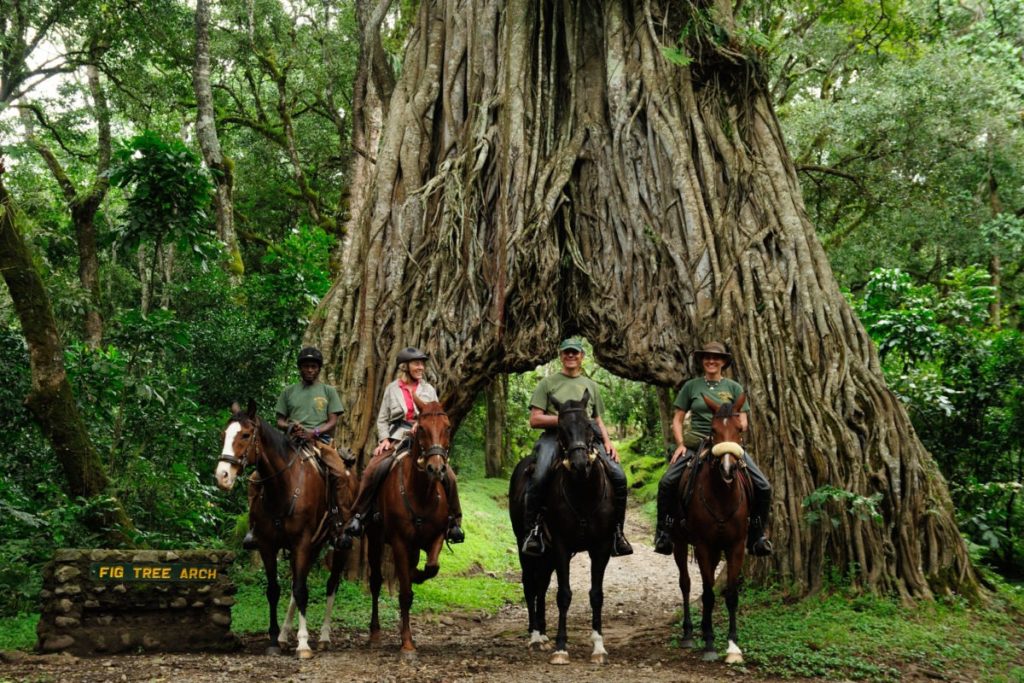
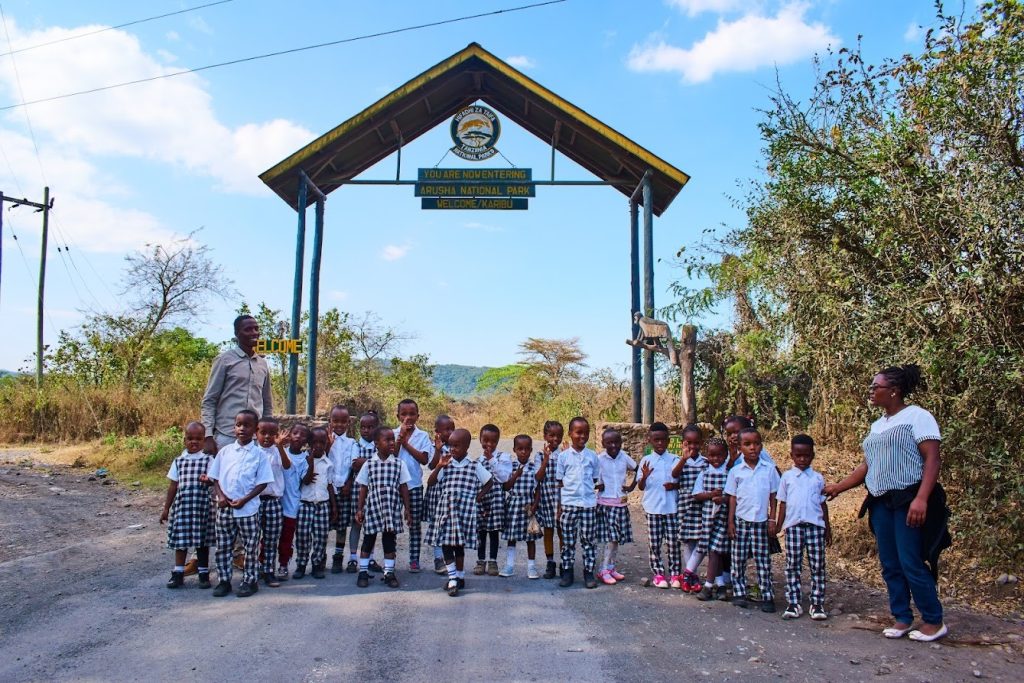
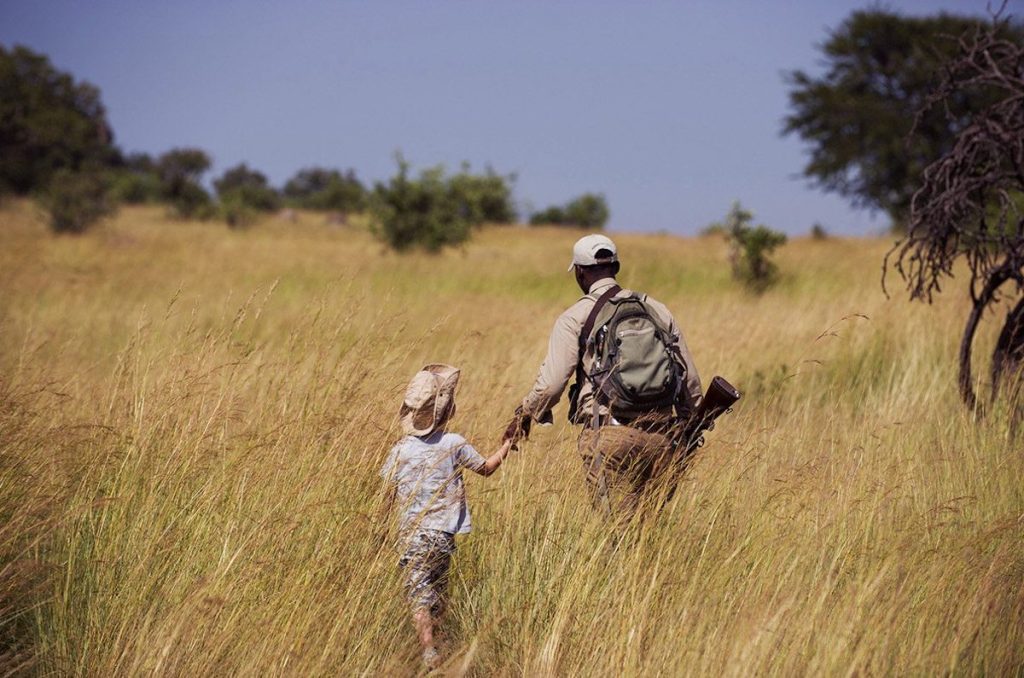
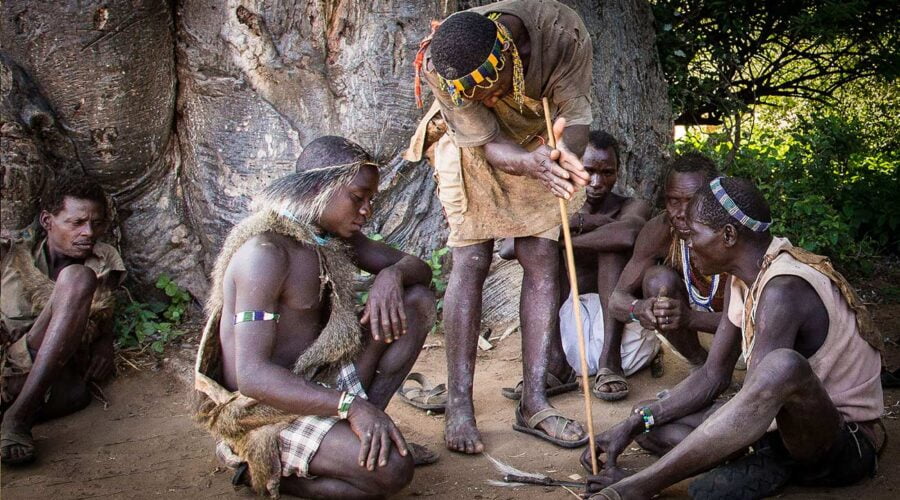
Introduction to community based tourism experiences
Arusha National Park is not only a place to explore Tanzania’s natural beauty but also an opportunity to connect with the vibrant communities surrounding the park. Through community-based tourism, visitors can gain a deeper understanding of the local culture, traditions, and sustainable practices that contribute to the region’s conservation efforts. Here’s a guide to the community-based tourism experiences that make Arusha National Park a standout destination for socially conscious travelers.
1. Understanding Community-Based Tourism at Arusha National Park
Community-based tourism is a form of travel that centers on local communities, allowing them to participate in and benefit from tourism activities. At Arusha National Park, community-based tourism provides economic support to nearby villages while also preserving cultural heritage and promoting sustainable tourism. This approach enables local people to share their way of life, traditional skills, and unique stories with visitors, creating a mutually enriching experience.
2. Key Community-Based Tourism Experiences Near Arusha National Park
Several programs and experiences offer tourists the chance to engage with local communities, learning firsthand about their traditions, crafts, and everyday life. Here are some popular community-based tourism activities around Arusha National Park:
Maasai Cultural Tours
One of the highlights for many visitors is the opportunity to interact with the Maasai people, a well-known indigenous group with a rich cultural heritage. The Maasai are famous for their vibrant clothing, unique beadwork, and deep connection to the land. On a Maasai cultural tour, visitors can:
- Learn about traditional Maasai lifestyles, including herding, beadwork, and their customs.
- Participate in Maasai dance and singing performances.
- Visit Maasai homes (manyattas) and hear stories about the tribe’s history and customs.
- Purchase handmade crafts and jewelry directly from artisans, supporting local livelihoods.
Meru Tribe Experiences
The Meru people, another local group, also offer engaging tourism experiences. Known for their agricultural practices and connection to Mount Meru, the Meru community allows visitors to:
- Visit coffee plantations and participate in coffee-making tours, where you can see how coffee is grown, harvested, and processed.
- Learn about traditional Meru farming techniques, such as sustainable irrigation and soil conservation.
- Sample local foods and beverages unique to the Meru culture, including banana-based dishes and local brews.
Cooking Classes with Local Families
Many travelers enjoy the opportunity to prepare and enjoy traditional Tanzanian dishes with a local family. Cooking classes provide an immersive experience, allowing visitors to:
- Learn to cook dishes like ugali (cornmeal porridge), nyama choma (grilled meat), and sukuma wiki (a spinach-like leafy green).
- Use locally sourced ingredients and traditional cooking methods.
- Enjoy a home-cooked meal while discussing daily life in the community.
3. Conservation and Sustainable Practices Through Community Involvement
Community-based tourism in and around Arusha National Park is often linked to conservation and sustainable practices. Many community-led programs emphasize the importance of protecting the environment and wildlife while promoting responsible tourism. This includes:
- Eco-Tourism Projects: Communities around Arusha National Park are involved in eco-tourism initiatives such as forest conservation, habitat restoration, and wildlife monitoring.
- Collaborative Conservation: Local guides and rangers often work closely with the park’s staff to monitor animal populations and prevent poaching.
- Sustainable Resource Use: Community members promote the sustainable use of natural resources, such as water conservation and reforestation efforts.
4. Benefits of Community-Based Tourism for Local Communities
Community-based tourism provides direct economic benefits to the people living around Arusha National Park. By participating in these programs, travelers help support local businesses and create jobs. The revenue from tourism helps fund essential services like education, healthcare, and infrastructure, making a meaningful impact on local communities. Additionally, it encourages cultural preservation by empowering local people to share their heritage and traditions with visitors.
5. How to Plan a Community-Based Tourism Experience
When planning to participate in community-based tourism around Arusha National Park, consider working with a reputable tour operator that partners with local communities. Look for experiences that are ethically managed and prioritize fair compensation for guides, artisans, and community participants. This ensures your visit benefits those directly involved in providing your experience.
Many lodges and accommodations near Arusha National Park also organize community-focused tours. Staying at these eco-conscious accommodations can enhance your understanding of local customs while supporting sustainable tourism practices.
6. Tips for Responsible Community-Based Tourism
To make the most of your community-based tourism experience at Arusha National Park, consider these tips:
- Be Respectful: Show respect for local customs, including dressing modestly and asking for permission before taking photos.
- Engage Openly: Ask questions and show genuine interest in the lives and experiences of your hosts.
- Buy Local: Support the community by purchasing handmade crafts and goods directly from artisans.
- Practice Eco-Friendly Habits: Use reusable items, conserve water, and follow any environmental guidelines provided by your hosts.
Conclusion
Engaging in community-based tourism around Arusha National Park not only enriches your travel experience but also supports sustainable development and cultural preservation. By participating in Maasai and Meru cultural tours, local cooking classes, and conservation projects, visitors can forge meaningful connections with the people of Tanzania and contribute to the park’s sustainable future.
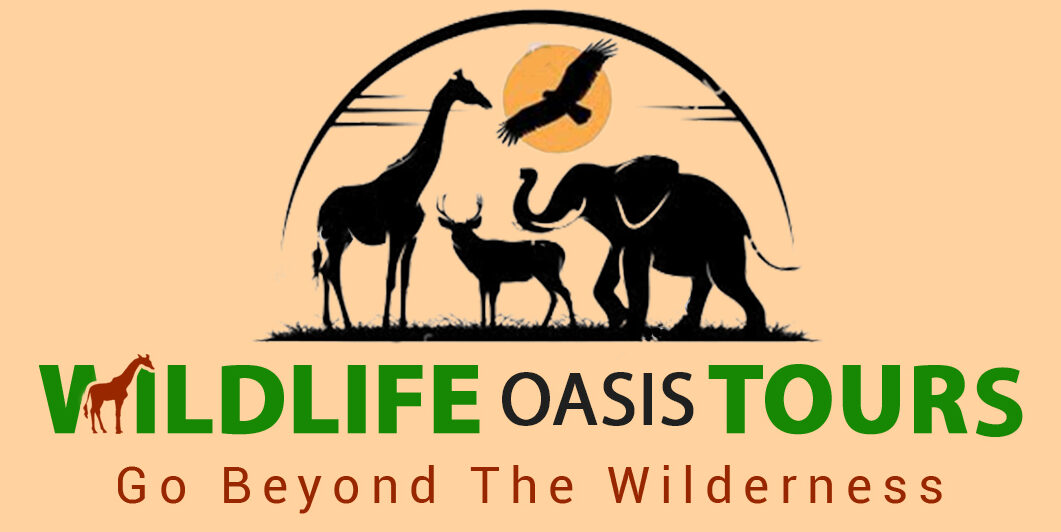
One Comment